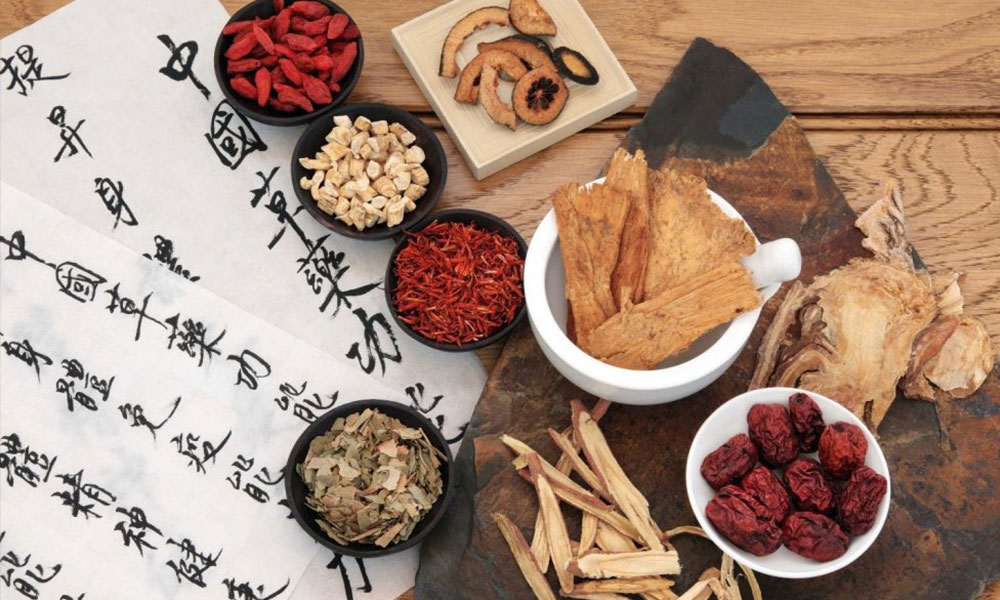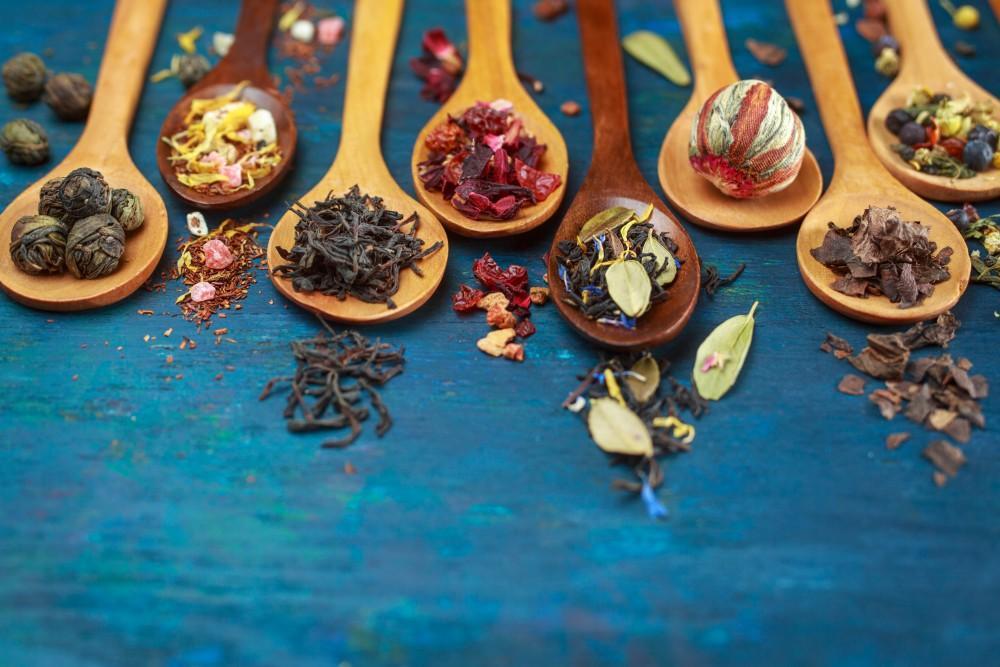Chinese Medicine and Herbal Therapy
Chinese medicine is a holistic system of medical practice that has a history spanning
over 2000 years. It is based on a belief that the body’s life energy (qi) circulates
along invisible channels called meridians. When qi becomes blocked theupstocker, this can cause
disease or illness. Traditional Chinese medicine is a comprehensive approach to
health and disease that includes acupuncture, diet, herbal therapy, exercise and
meditation.

Herbal therapy is an important part of Chinese medicine and consists of thousands of
plant based medications that have been used for centuries to treat illnesses and
promote health theupstocker.com. Herbs can be ingested or applied topically to the skin, depending on
the type of herb.
Some herbs are also infused into hot water or steam and inhaled through the nose to
treat specific ailments. They are formulated in the form of sachets, capsules or
powders and can be prescribed to help maintain or restore health and well-being.
There are many ways that herbs can be used to treat a range of diseases, including
eczema and psoriasis. For example, some of the most common treatments include a
herbal brew prepared with one or more of thousands of medicinal plants and dried
animal parts.
Acupuncture and moxibustion are two traditional methods of treating pain and other
illnesses. Acupuncture involves the insertion of needles into different parts of the
body, usually in a particular location, to stimulate blood flow and release endorphins
that relieve pain.
Another method is moxibustion, which is an ancient treatment where practitioners
use the tips of dried herbs to burn or sting the patient’s skin. This is used to clear or
balance the yin and yang in the body, which can cause inflammation or pain.
The herbs are categorized by their properties and the elements that govern the
affected organs, such as fire, earth, metal, wood and water. The correct combination
of herbs can be used to treat the problem, as well as the body’s overall energy
balance.

In a recent Cochrane review, Chinese herbal preparations were found to be superior
to placebo in terms of reducing atopic dermatitis severity and decreasing pruritus.
The study compared 28 studies involving both ingested and topical Chinese herbal
therapies.
Unlike Western medicine, which uses single molecular drugs, Chinese drug formulas
are often designed to target the entire biosystem, rather than individual organs and
tissues. This approach may be more effective, as it changes the overall
bioenvironment of a patient’s body to achieve long-lasting effects.
Acupuncture is an important part of Chinese medicine and involves the insertion of
needles into different points on the body. It is also used to treat specific conditions
such as migraines, anxiety and insomnia. Acupuncture is considered safe and has
fewer side effects than medication, but it is not without risks.
Acupuncture and moxibustion can be expensive and not always available, so it is
important to choose the right practitioner. The benefits of acupuncture can include
reducing or eliminating pain, improving circulation and helping relax the muscles.
Acupuncture is also believed to help the immune system.

